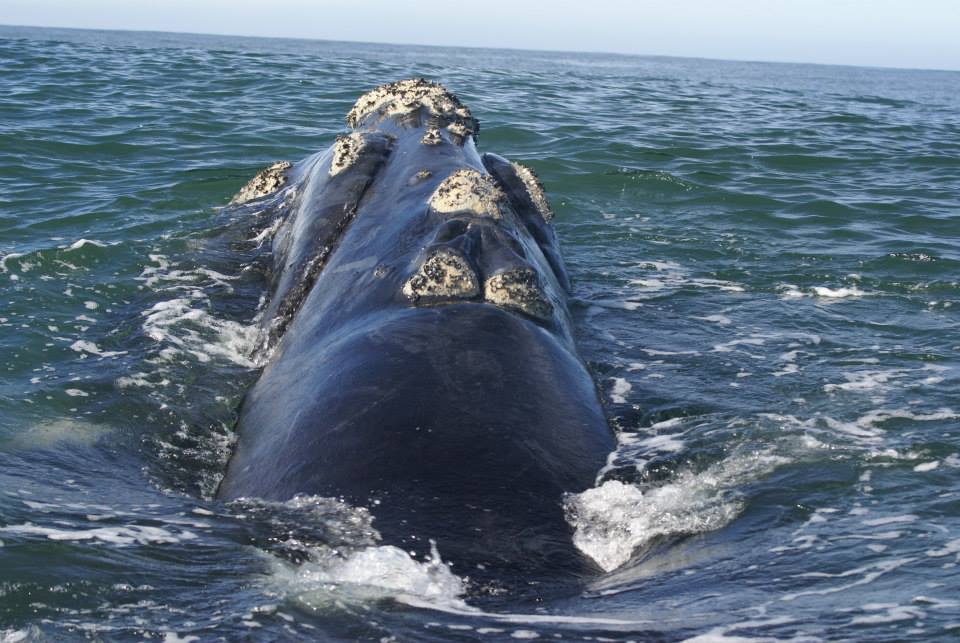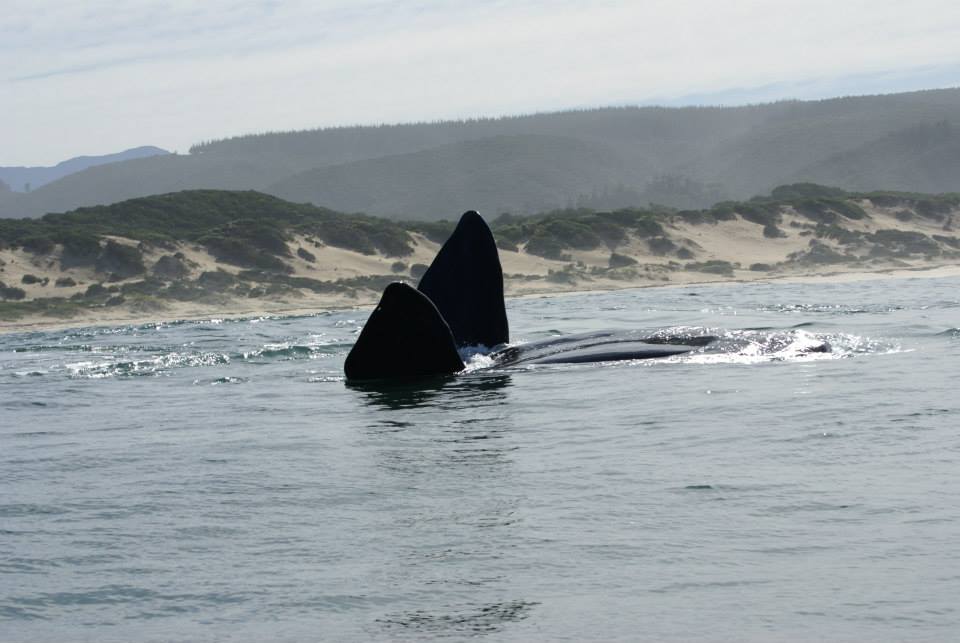Angela Stöger in conversation
“I have the most amazing and adventurous profession”.
You were a synchronised swimmer in your youth and are now a biologist and zoologist. Did your passion for both professions develop during your childhood or did it happen more or less by chance?
I actually started synchronised swimming as a child; initially, I did artistic gymnastics and went to ballet classes, and then switched to synchronised swimming when I was nine. As a child, I was always interested in animals, especially marine mammals like whales and seals. I was already reading specialist books at the age of ten. I admired researchers like marine biologist Hans Hass or primatologist Jane Goodall, and my career aspiration was to become a researcher. In sixth form, I deepened my interest in biology, so after my school leaving examination, there was no question what I wanted to study.
In biology, you specialised in topics such as bioacoustics and sound communication. How did you come up with the idea of doing that?
As a child and teenager, I was particularly interested in whale songs and also the problems such as noise pollution in the sea and, of course, the hunting of whales, which has almost led to their extinction. What fascinated me in this regard was the aspect that the discovery of whale songs actually has saved the animals from extinction. A record was released and in fact was so successful that there was a lot of attention for the animals, which led to their rescue, among other things. I thought to myself: if only that could be done with and for all animals.
Science books are usually aimed at an expert audience. In the case of your award-winning work “Of Singing Mice and Squeaking Elephants”, the title itself indicates that you want to address a broad audience. Is it your concern to explain scientific topics in a popular way?
Yes, it is: we have to spread the knowledge, because if you don’t know anything about a specific topic, you don’t know anything about possible problems. The Senegalese forest engineer Baba Dioum found the right words for this phenomenon at an environmental conference in 1968: “In the end, we will conserve only what we love; we will love only what we understand; and we will understand only what we are taught.” So when we become aware of the fact that we ultimately only behave this way, we can see and realise how great our responsibility as scientists is.
In synchronised swimming you were nine times state champion. Professionally, you have collected awards such as “Author of the Science Book of the Year” and were voted into the top 3 “Women Scientists of the Year”. Can the conclusion be drawn that you like to set high goals and then have the ambition to achieve these goals?
I have always been an ambitious person, as a teenager especially when it came to sports and then, of course, in my studies and in research. I have also achieved many of my goals. In sports I learned that you have to work hard and often harder than the others to be successful.
You have spent a lot of time in nature all over the world on research trips. Can it be said that you have an adventurous profession?
From my point of view, I have the most amazing and adventurous profession. I travel to faraway countries with fascinating nature and work with all kinds of people. Working with animals is always varied, challenging and exciting anyway.



